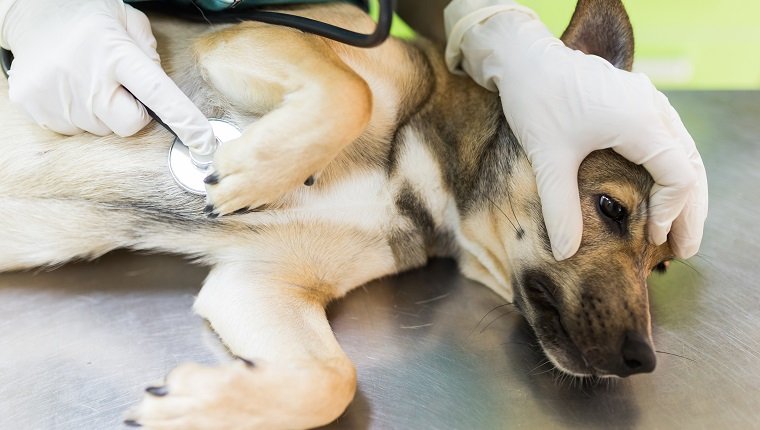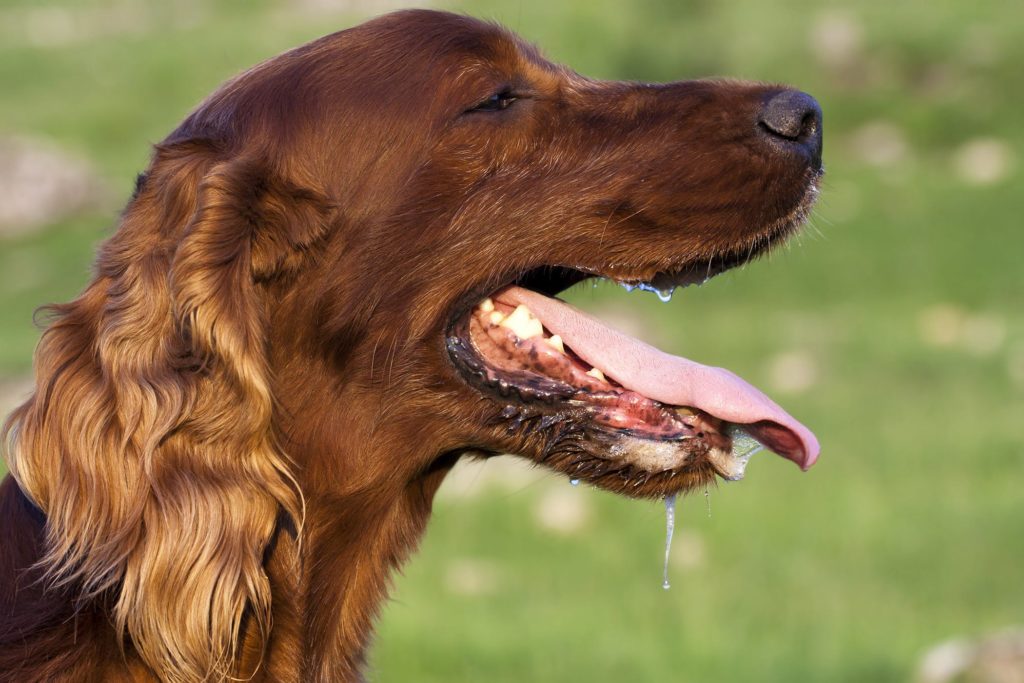Even the most safety-conscious pet owners have a few things at home that could cause animal harm. It’s almost unavoidable. Sharp objects, certain foods, cleaning chemicals, particular plants or flowers… the list goes on. Another household item that can harm a dog is the common painkiller. NSAIDs are of particular concern. Read on as your vet Plano, TX tells you more.
What are NSAIDs?
NSAIDs are non-steroidal anti-inflammatory drugs. You probably know them by their brand names, especially ones like Aleve, Motrin, Advil, and Bayer. These common painkillers can be bought over-the-counter in any drugstore, and you probably have some in your home right now. But the fact is, according to your veterinarian Plano, TX, that they’re not safe for dogs.
Why are NSAIDs dangerous for dogs?
NSAIDs work by inhibiting cyclooxygenase enzymes, or COX enzymes. COX enzymes cause pain and inflammation in response to stimuli, such as an injury or infection. That’s why human patients take an NSAID when they’re experiencing pain; it inhibits the COX enzymes to lessen the pain response. Ask your vet clinic Plano, TX for more insight into this biological process.
The trouble with NSAIDs is that when too many COX enzymes are inhibited, side effects occur. They include things like damage to the stomach lining and reduced blood flow to the kidneys, among others. This can result in serious health trouble for a dog. And the more NSAIDs Fido swallows, the more dangerous it is. Talk to your veterinarians Plano, TX to learn more about the side effects that NSAIDs cause.
What are the symptoms of poisoning?
The symptoms of NSAID poisoning in dogs include lethargy, vomiting, diarrhea, dark stools, loss of appetite, abdominal pain, seizures, and collapse. Sudden death can occur if a dog doesn’t receive prompt treatment. Rush your dog to your veterinary clinic Plano, TX right away if you notice these signs.
Your vets Plano, TX typically sees NSAID poisoning in dogs occur in one of two ways. A dog might get their paws on a bottle of NSAIDs that’s been left out and decide to ingest the contents. Or, a pet owner might give their dog the painkiller in an attempt to reduce pain without being aware of the risk.
What’s the treatment?
There is no antidote or cure for NSAID poisoning, so treatment is given on a supportive basis. If it’s early enough in the poisoning process, your pet clinic Plano, TX will probably induce vomiting. For cases of poisoning that have progressed, other treatments might be needed. They include IV fluid administration, medications to protect the gastrointestinal lining, and even blood transfusions. Ask your veterinarian Plano, TX for more information about the treatment options.
How can I prevent NSAID poisoning?
Obviously, you don’t want to risk your dog experiencing NSAID poisoning if you don’t have to. And luckily, it’s completely preventable. The trick is to never leave NSAIDs within reach of your dog; store medications in closed cabinets or containers where pets can’t reach. Never give your dog an NSAID designed for humans on purpose. And follow instructions carefully when giving Fido their own prescribed medications. Always check with your veterinary clinic Plano, TX if you’re unsure about dosage or administration.
To learn more about NSAID poisoning in dogs, contact your pet clinic Plano, TX.


